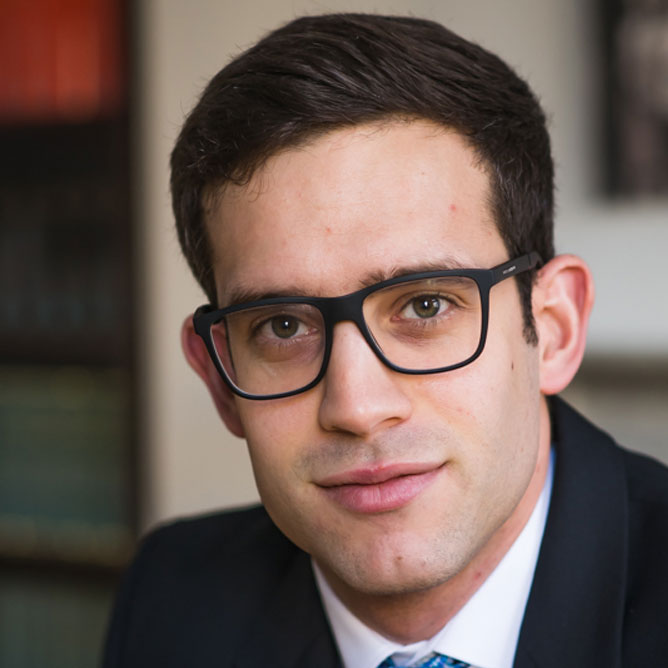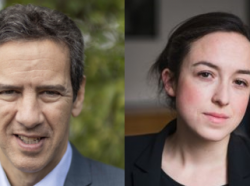The EAT (Eady P) has handed down judgment in Beldica v British Council, providing useful guidance on the relationship between diplomatic (and state) immunity, the Human Rights Act and the territorial jurisdiction of the Employment Tribunal.
The ET found that the Claimant, Ms Beldica, was a “local employee through and through” who had lived and worked for the Respondent exclusively in Dubai throughout her employment. However, it held that (i) the Claimant was unable to sue her employer in the Labour Courts of the UAE, because had she done so the employer would have successfully defended the claim on the basis of diplomatic immunity; (ii) a plea of diplomatic immunity by the employer would have amounted to an exercise of authority and control over the Claimant, such as to engage the extra-territorial effect of the ECHR and HRA 1998; (iii) the plea of immunity would have violated the Claimant’s right to a fair trial and been contrary to customary international law by leaving the Claimant in a “legal lacunae”. Those factors, taken together, were held by the ET to justify a finding that the Claimant’s claims were within its territorial jurisdiction.
The EAT upheld the employer’s appeal in respect of each limb of the ET’s judgment.
Eady P explained that the act of claiming immunity in foreign proceedings is insufficient to engage the extra-territorial effect of the ECHR or HRA, all the more so a hypothetical plea (as in the instant case). Further, the mere act of claiming immunity could not be said to constitute a violation of customary international law, and thus Article 6 ECHR. The ET had not undertaken the relevant factual assessment to support such a conclusion. Rather, the authorities demonstrate that the fact that an employer is immune from suit in the place of work will not generally be sufficient to give rise to extra-territorial jurisdiction for the ET. “Something more” is required.
The EAT’s judgment can be found here.
Zac Sammour acted for the successful Respondent, instructed by David Hopper and Emily Atkinson of Lewis Silkin.









